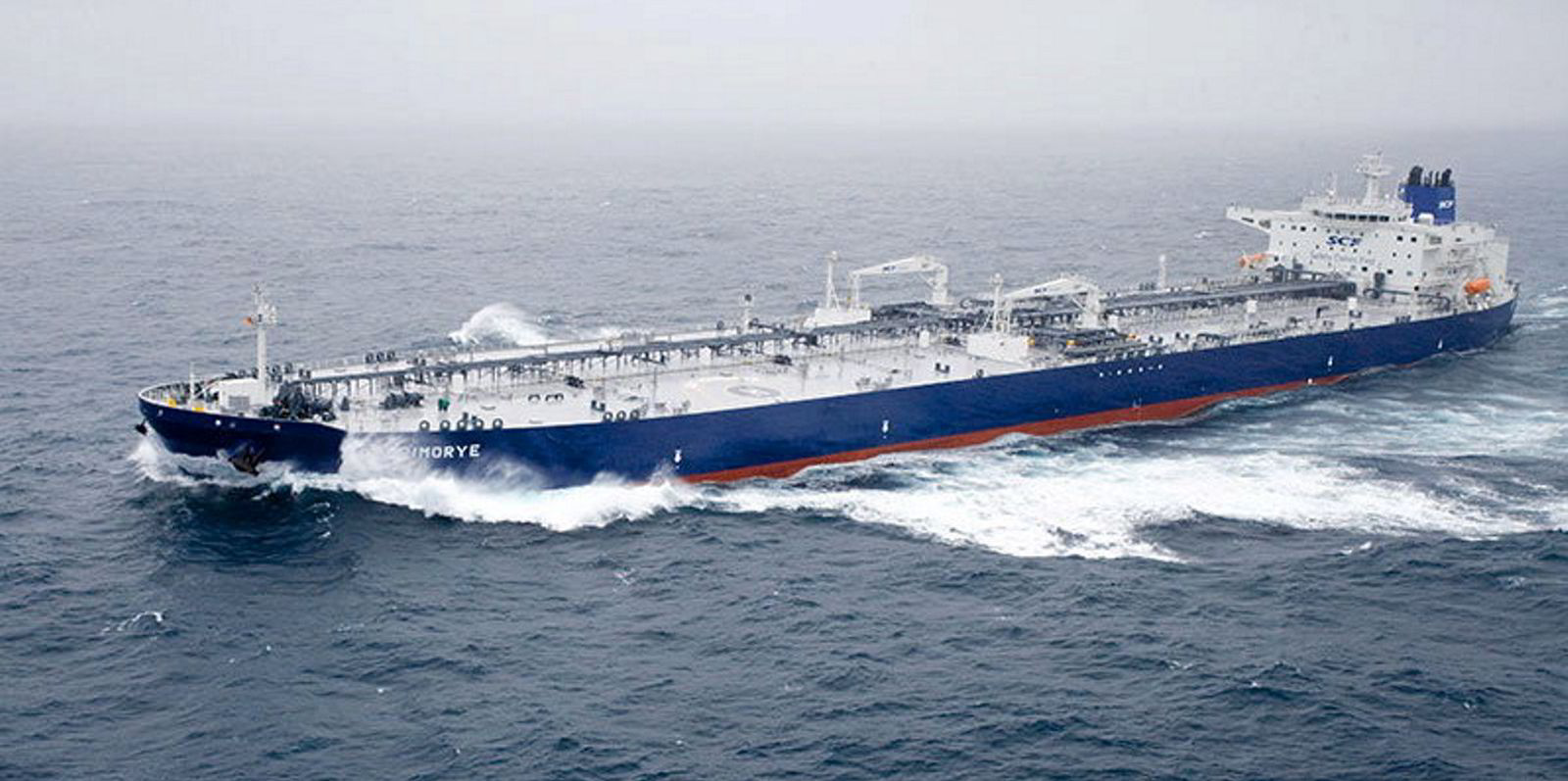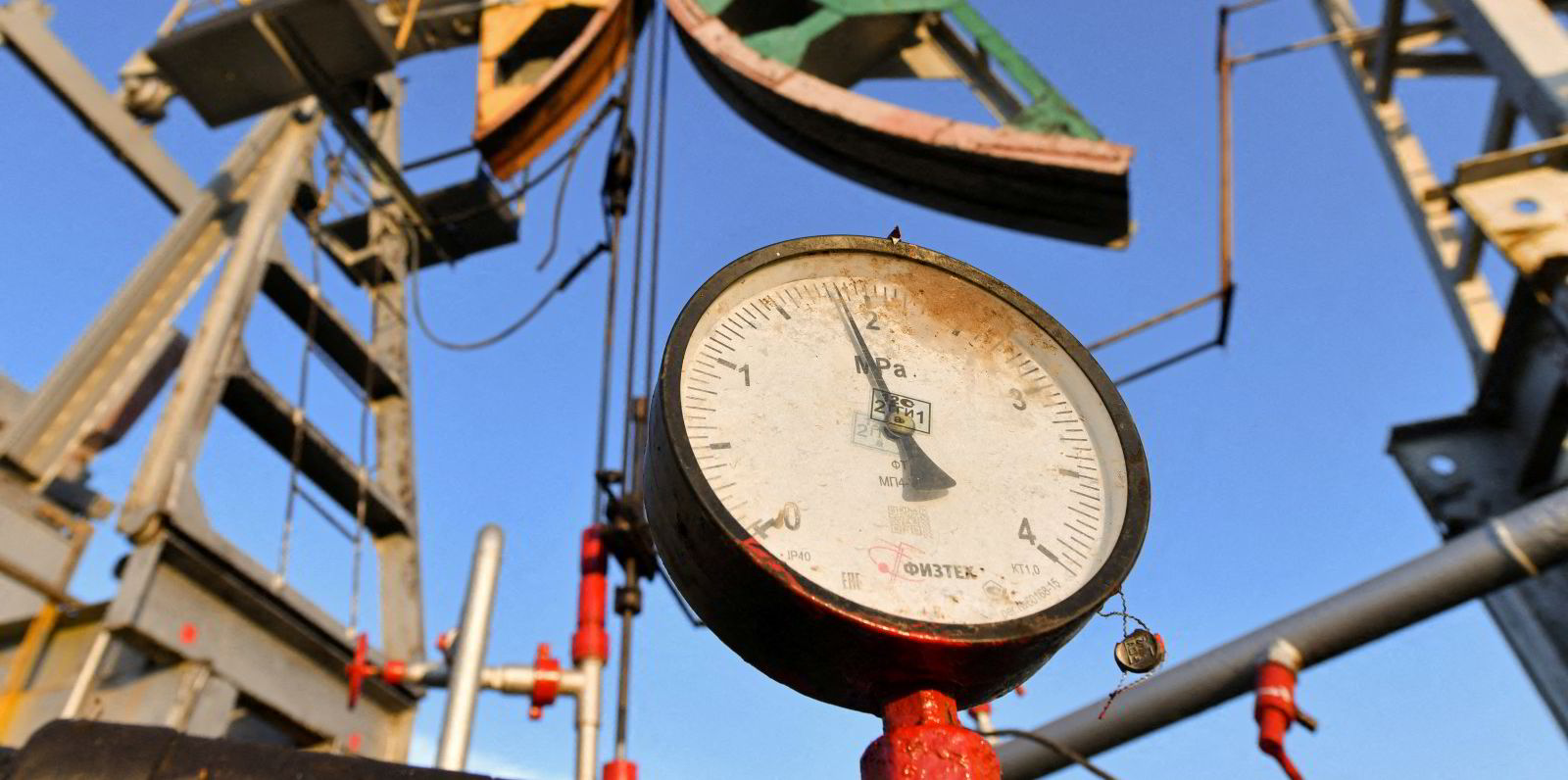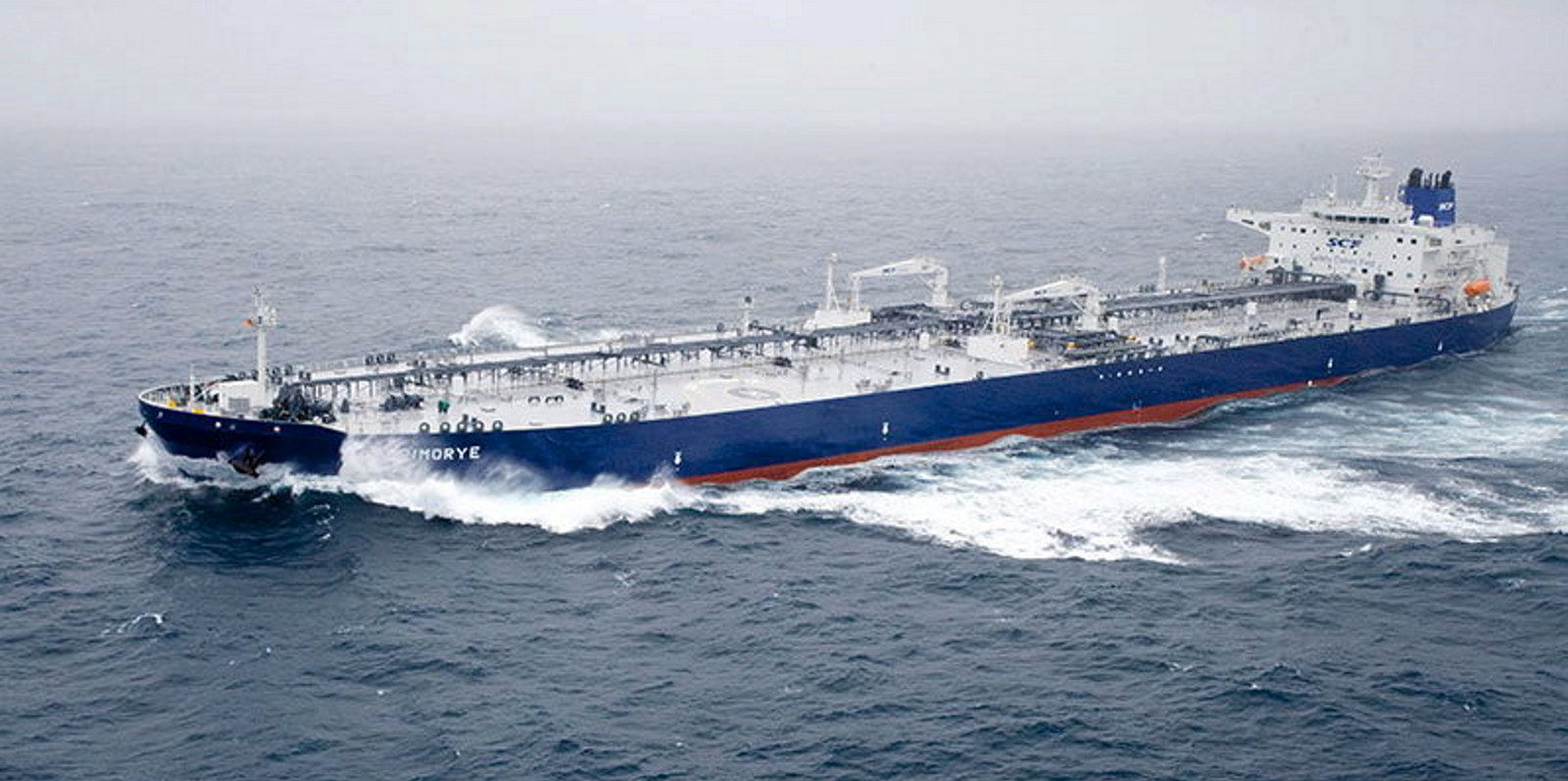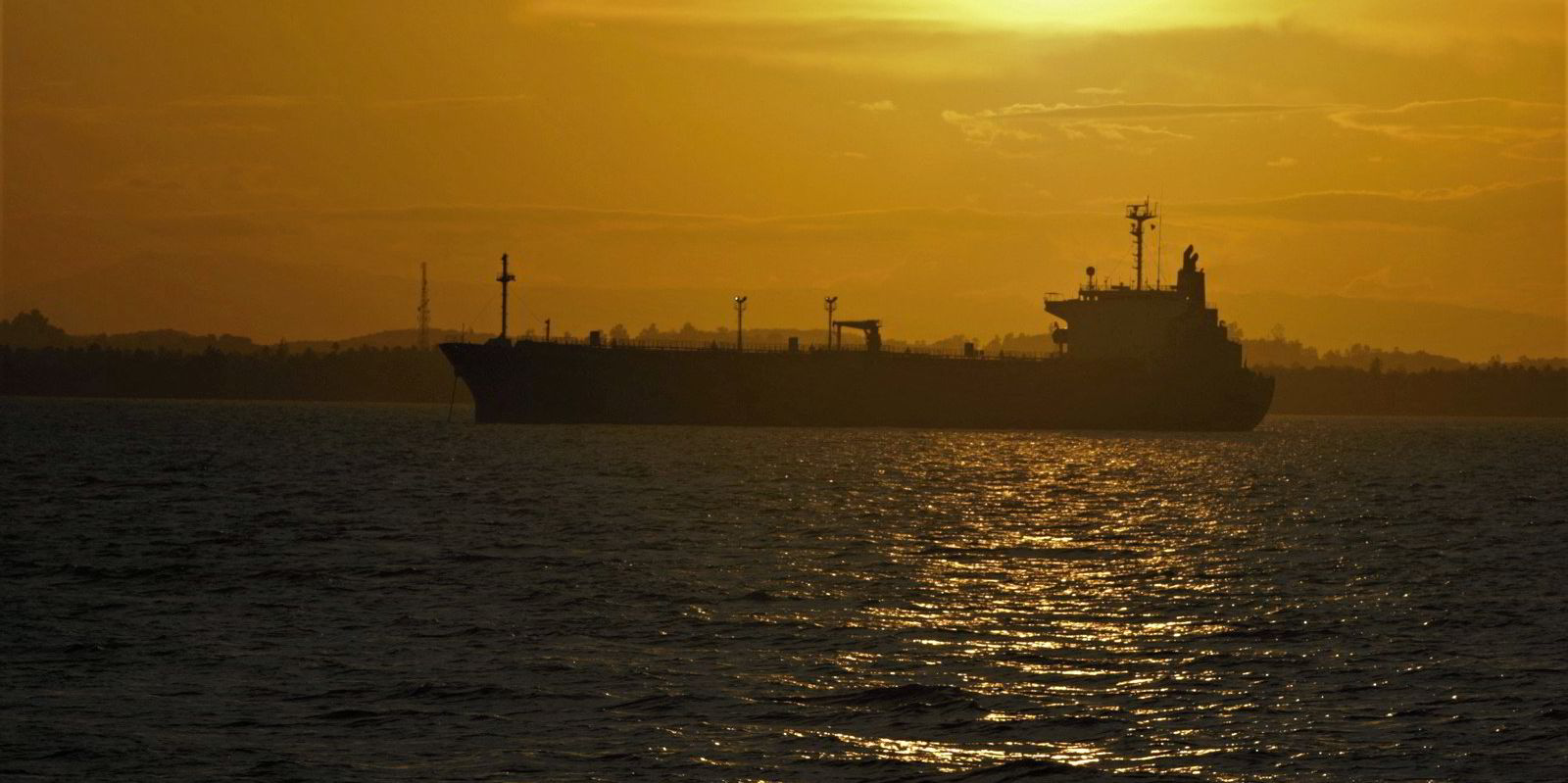If you can’t stop it, disrupt it.
The law enforcement tactic employed for decades against organised crime has been adopted by the world’s biggest policeman, the US, in its sanctions enforcement efforts against Russia.
It has been forced to look for new approaches after the rising oil price cut the legs from under its efforts to limit Russian revenues using the oil price cap scheme. Russian export revenues for the last three months have topped the pre-war monthly average in 2021.
So in the global game of sanctions whack-a-mole, the US has shifted its sights to targeting individual vessels for alleged oil price cap breaches. The sanctioning of five ships since 12 October is likely to be the start of months of targeting individual vessels, analysts believe.
For those that suggest the announcements are just empty political gestures, a laden Russian tanker going around in circles off the coast of Sri Lanka provides some response.
While Russia has shrugged its shoulders for months and said that the oil price cap has had minimal effect, Sovcomflot (SCF Group)’s angry response to targeting four of its vessels suggests otherwise. Sanctions are a pain in the pocket.
The NS Century, an SCF tanker, halted its voyage to India with a cargo of Russian crude soon after the listing of the ship by the US Office of Foreign Assets Control. While SCF has declined to comment on “operational activity”, as of Wednesday, the tanker has held its position off Galle for the last five days.
While the ship is controlled and insured from Russia, owned and operated from the United Arab Emirates and flagged by Liberia, the registry’s US-based administrators have turned it into a US target.
The impact in the short run may be to force SCF to reflag the ship.
But the fact that the Russian company is contesting the listing points to the wider problem of sanctioned vessels.

A sanctioned ship adds compliance costs for many businesses dealing with them — from port services to ship-to-ship equipment providers, finance, management and crewing — and there will be many companies who can do without the extra work.
The Indian shipping authorities have passed on responsibility for the fate of ships like the NS Century up the chain to the foreign ministry.
In any case, Indian port services might steer clear because their financiers would likely have connections with banks that enable the institution to conduct business in dollars. That opens them up to risk.
It comes to a straight choice, points out Ian Bolton, a UK-based sanctions strategist. Do you want to do business with the dollar-denominated world of business or not?
Potential EU measures
Those compliance tasks are only likely to grow with the European Union mulling how to tighten the oil cap policy. Possibilities include demanding more paperwork from the industry to prove ships are carrying crude below the $60 cap price.
That is likely only to hasten a shift for operators considering leaving the G7 and US orbit. Western insurers have already complained of a loss of business to Asia. The UAE is a growing centre of ownership from where ships with no Western nexus can operate entirely legally without interference from G7 sanctions authorities.
Neil Roberts, head of marine at Lloyd’s Market Association, described it as “a parallel fleet to those with US dollar connections”.
None of the five ships targeted so far by the US appear to be involved in normal trading at the time of writing. Two of them are in yards, one, the SCF Primorye, has not traded since September, the month before the listing.
The sole non-SCF vessel, the Turkish-owned Yasa Golden Bosphorus, has gone nowhere since offloading the crude cargo it was carrying when it was listed on 19 October in Houston.
Unsurprisingly, the owners are all appealing against the listings. The owners of the Yasa Golden Bosphorus say they have all the paperwork to show they were operating within the price cap rules.
For the US, it’s convenient to put the burden on those owners, charterers and other companies that do business with them. Jonathan Epstein, a US-based lawyer and specialist on sanctions in shipping, said the vessels were “easy targets” for Ofac to send a message to the industry without having to designate managers or beneficial owners.
While there is a burden of proof and a caseload of documentation that has to be supplied before sanctions are imposed, that is less onerous than hauling a sanctions “offender” before the courts.
Expect many more to follow.
Read more
- Denmark plays down prospects of Russia ship inspections
- European Union mulls ban on tanker sales to Russia
- Flag states in the spotlight as the US moves on tanker sanctions
- US turns up price cap pressure with sanctions against Sovcomflot tankers
- Uncle Sam is watching, and he wants your records on the Russia price cap





